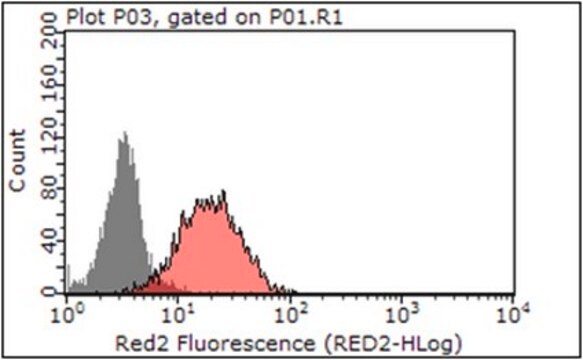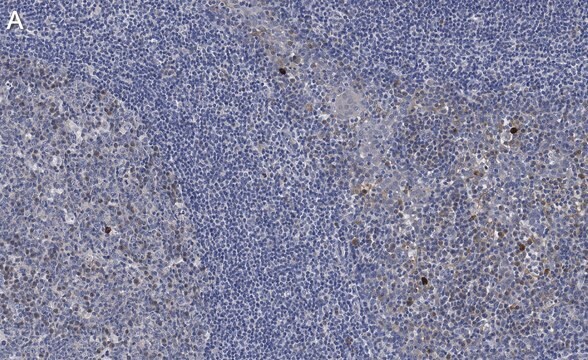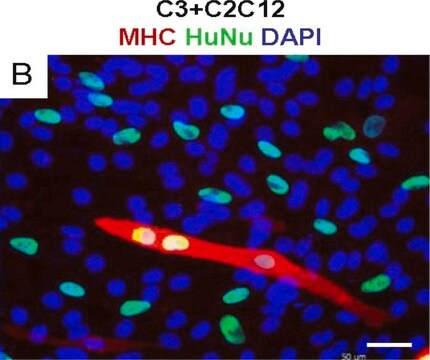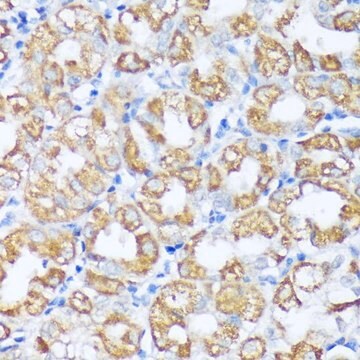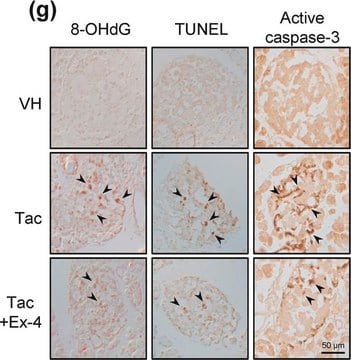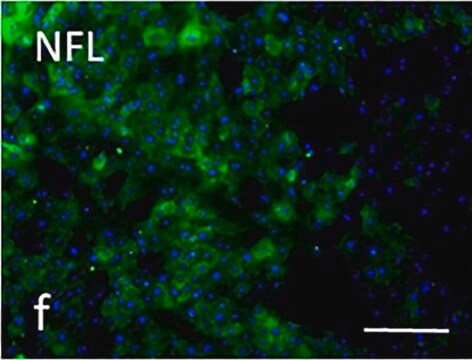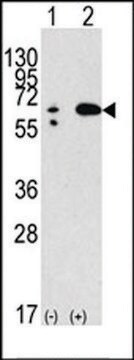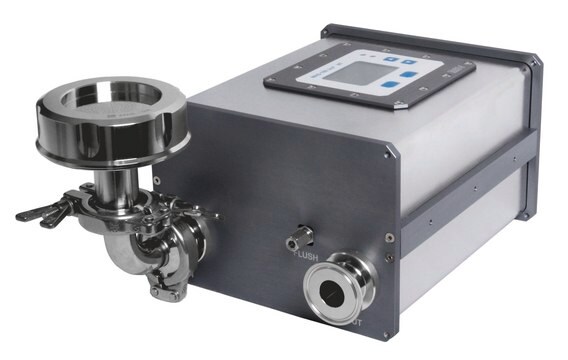SBAT06
BCRP human
membrane preparation for ATPase Assays, recombinant, expressed in baculovirus infected Sf9 cells
Sinónimos:
ABCG2, Breast Cancer Resistance Protein
About This Item
Productos recomendados
recombinante
expressed in baculovirus infected Sf9 cells
Formulario
liquid
concentración
5 mg/mL
color
off-white
Nº de acceso UniProt
Condiciones de envío
dry ice
temp. de almacenamiento
−70°C
Información sobre el gen
human ... ABCG2(9429)
Descripción general
Aplicación
To assess activation, ABC transporter-rich membranes are incubated with various (typically in 8) concentrations of the test article and the effect on basal ATPase activity is measured. Compounds that stimulate ATPase are generally considered substrates for the transporter. To assess inhibition, a test article′ ability to modify the activity of a given ABC transporter stimulated with its prototypical substrates is examined. The activation and inhibition tests are complementary assays.
Stimulation detected in the activation assay indicate that the compound is a transported substrate of the transporter, while interactions detected in the inhibition test indicate interaction of the test compounds with the transporter, but do not give information on the nature (substrate or inhibitor) of the interaction. In some cases inhibitors or slowly transported compounds may inhibit the baseline transporter ATPase activity as well.
Slowly transported substrates often do not stimulate the ATPase activity in a detectable extent; however the existing interaction can be identified in the inhibition assay.
Forma física
Información legal
Código de clase de almacenamiento
12 - Non Combustible Liquids
Clase de riesgo para el agua (WGK)
WGK 1
Punto de inflamabilidad (°F)
Not applicable
Punto de inflamabilidad (°C)
Not applicable
Elija entre una de las versiones más recientes:
Certificados de análisis (COA)
It looks like we've run into a problem, but you can still download Certificates of Analysis from our Documentos section.
Si necesita más asistencia, póngase en contacto con Atención al cliente
¿Ya tiene este producto?
Encuentre la documentación para los productos que ha comprado recientemente en la Biblioteca de documentos.
Nuestro equipo de científicos tiene experiencia en todas las áreas de investigación: Ciencias de la vida, Ciencia de los materiales, Síntesis química, Cromatografía, Analítica y muchas otras.
Póngase en contacto con el Servicio técnico